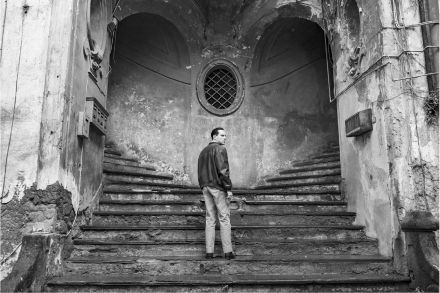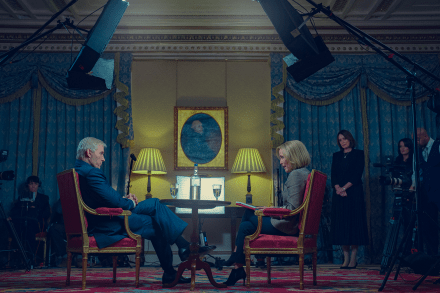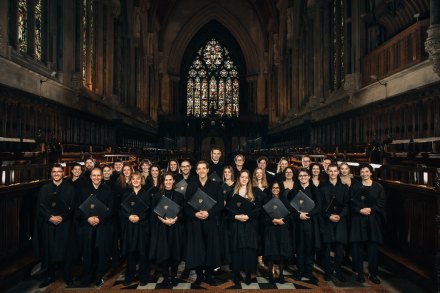Grey, gloomy, and utterly joyless: Ripley reviewed
If you’ve spent any time gawping at Netflix over the past half-decade or so, you’ll already know that human culture has reached its final, perfect form. We made a good effort with cave paintings, epic poetry, theatre, literature and the rest of them, but the apex of culture is the bingeable, episodic rabbit-hole Netflix documentary about a sociopathic liar. Maybe we love con artists because they’re the only people still selling something new There have been so many of these now that it’s difficult to tell them apart. There was the one about the man who matched with women on dating websites by pretending to be the playboy scion to




















